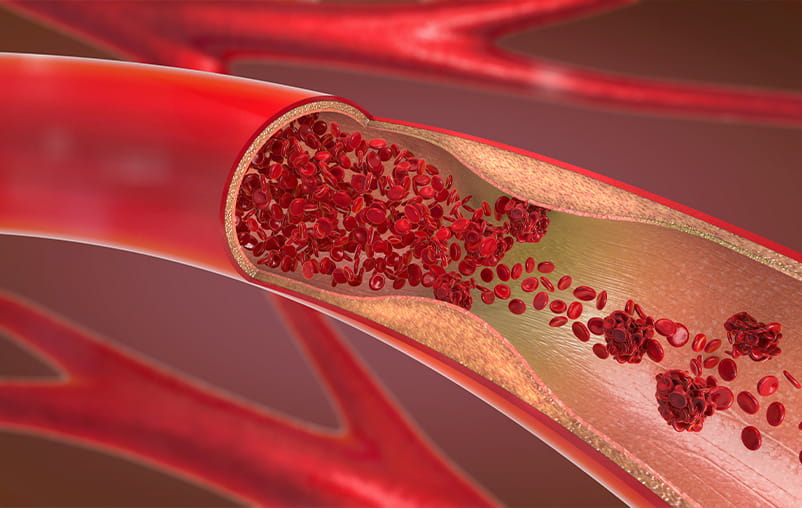You know that you should exercise, but have you ever thought about why? A healthy heart is a good place to begin when you’re considering the benefits.
Think about it this way: Your heart is a muscle. Like every other muscle in your body, your heart needs to be exercised in order to stay strong and healthy.
Being physically active can help you protect your heart health and lower your risk of developing many heart problems, including high blood pressure, heart disease, and heart failure. Keep reading to learn more.
Benefits of Exercising for Your Heart
Getting regular exercise benefits your health in many ways. Being physically active can help you maintain a normal weight, lower your risk of chronic health issues, and improve your mental health.
It’s also really good for your heart health! For one, the benefits listed above all indirectly benefit your heart, too. Wondering how your mental health ties to your heart health? Stress, anxiety, and depression can all increase the risk of developing heart disease, so improving your mental health gives your heart health a boost.
Exercise also benefits your heart by:
- Decreasing blood pressure and triglycerides
- Helping the body manage blood sugar and insulin levels
- Increasing high-density lipoprotein (HDL) cholesterol, the “good” cholesterol
- Keeping plaque from building up in the arteries
- Reducing inflammation in the body, along with levels of C-reactive protein
- Strengthening the heart muscle and improving its ability to pump blood
All of these benefits combine together to protect your heart and lower your risk of heart disease and heart attack.
Best Exercises for Heart Health
What’s the best type of exercise for heart health? The one you’ll do regularly! Any time you’re moving your body intentionally and getting your heart pumping faster, you’re giving your heart health a boost.
All types of exercise are good for your heart, but experts recommend making your workout routine a combination of cardio, strength training, and balance movements.
Cardio Exercises
Cardio is especially good for your heart health. This type of activity, also called “aerobic exercise,” includes activities that get your heart pumping faster as the rest of your body moves.
This category of exercise encompasses everything from brisk walking to high-intensity interval training, with activities varying in intensity and impact.
Strength-Training Exercises
Strength training is also important for your overall health—and it can boost your heart health as well. These activities involve challenging your muscles and building strength with some type of resistance.
This type of exercise is also called resistance training, and you can use weights, bands, or even your own body weight as that resistance. As you build muscle strength, you also boost your metabolism, which makes cardio activity more effective.
Balance Exercises
This third category of exercise becomes even more important as we get older, though it can benefit people at any age. Performing intentional exercises designed to improve balance can help lower the risk of falls and keep us steady on our feet.
Many of these exercises can be included as part of a strength training workout or after cardio.
How Much Exercise You Need for Your Heart
Health experts, including the Centers for Disease Control and Prevention and the American Heart Association, recommend most adults get at least 150 minutes of moderate physical activity each week. That’s just more than 20 minutes per day.
This recommendation refers to cardio specifically. Each day, get at least 20 minutes of an activity such as briskly walking, water aerobics or even dancing. If you prefer more intense activities, such as running or playing tennis, you can aim for 75 minutes per week of activity.
In addition to your cardio workouts, the American Heart Association also recommends getting at least two moderate- to high-intensity strength training workouts per week.
How to Incorporate Heart-Healthy Exercises into Your Life
With a busy schedule, it can be difficult to imagine fitting anything else into your days. But 20 minutes of daily physical activity is quite doable! If needed, break it into smaller chunks throughout your day.
Walk up and down the stairs in your office between work meetings, take a family walk before or after dinner, stand up and fidget as you work or watch TV — every little bit of movement counts! Need to weed the garden or mow the yard? Chores work, too.
Finally, make an effort to sit less. You’ll find yourself moving around more, which benefits your heart and your overall health.
Heart Care at University Health
Looking to incorporate more exercise into your daily routine but not sure how to get started? Ask a University Health cardiologist. Learn more about the award-winning cardiovascular care at University Health.





